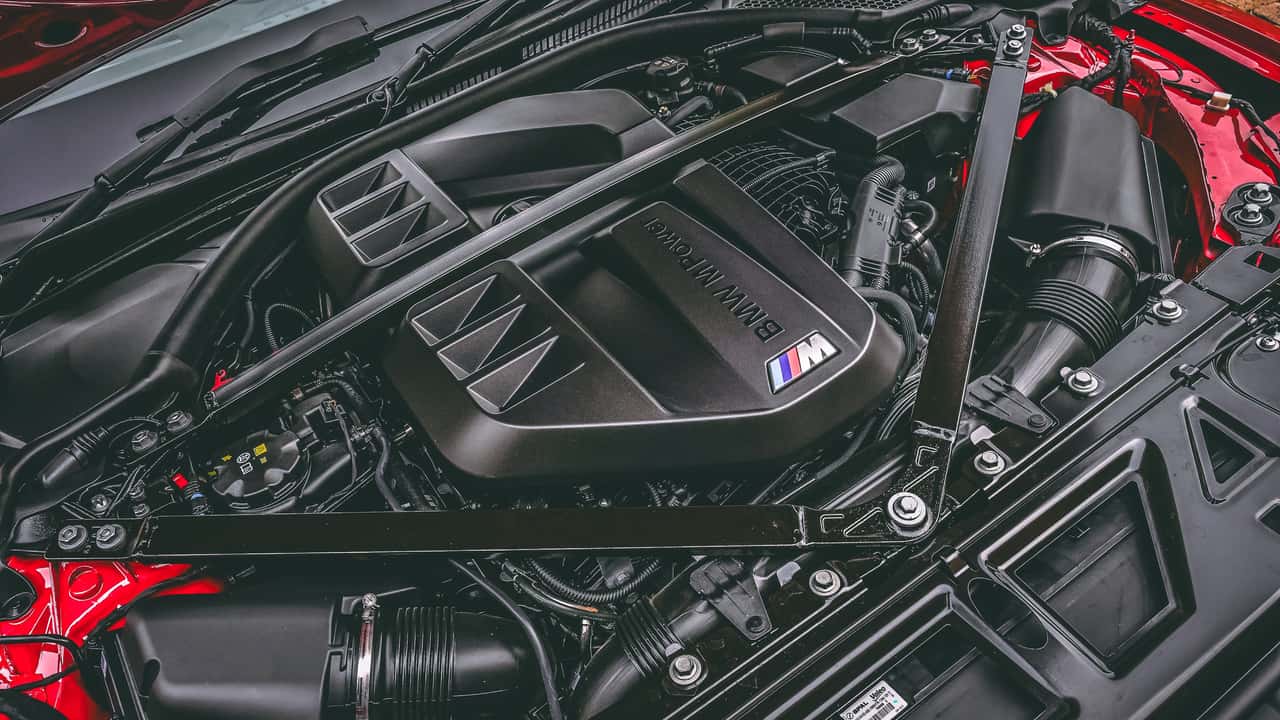BMW Vows to Preserve High-Performance Engines Amidst Euro 7 Regulations
Enthusiasts purchasing a contemporary BMW sports model typically seek one of two engine types: a turbocharged inline-six or a robust V-8. Nonetheless, in an era characterized by engine downsizing and the shift towards electrification, coupled with increasingly tough global emissions standards, sustaining these performance engines poses significant challenges—a reality other manufacturers have encountered.
Despite the forthcoming introduction of a new electric vehicle lineup, BMW has assured that its iconic gasoline-powered engines will remain integral to the next generation of performance-oriented cars.
Adapting to Stricter Emissions Standards
During an interview with Autocar at the Goodwood Festival of Speed, Frank van Meel, CEO of BMW M, affirmed that BMW's inline-six and V-8 engines will continue to be featured even as more stringent Euro 7 emission regulations come into effect. Importantly, these engines will retain their performance levels without significant compromises.
Addressing Thermal Management
Van Meel elaborated on the technical adjustments required:
‘In high-performance scenarios, fuel is typically used to manage cooling. With Euro 7, this approach is no longer viable, necessitating alternative strategies to prevent overheating. Enhancing the combustion process to reduce heat generation and improving cooling mechanisms are critical challenges. While reducing engine performance is one way to tackle temperature rise, we are determined to avoid such compromises. Our goal is to achieve a new equilibrium where we operate at lambda one without sacrificing performance.’
BMW’s Engine Legacy
For BMW, the inline-six and V-8 engines are pivotal to the brand’s identity, especially regarding performance. Models like the current M2, M3, and M4 are powered by variations of BMW’s twin-turbocharged 3.0-liter inline-six, while the M5 and XM combine the signature V-8 with a plug-in hybrid system.
While Van Meel did not disclose specific modifications made to these engines to comply with Euro 7 standards, he mentioned that BMW has implemented some "very interesting" enhancements. Further details are expected to be shared in the future.
No Plans for Engine Downsizing
When questioned about the possibility of BMW downsizing to smaller three- or four-cylinder engines for its M lineup, Van Meel responded unequivocally: "No… The inline-six engine is a cornerstone of our heritage, and the V-8 has a storied history in motorsport. We intend to continue their legacy."
Reiterating Commitment to Combustion Engines
This reaffirmation from BMW M aligns with previous statements from BMW's leadership. Just last month, BMW CEO Oliver Zipse described the combustion engine as the brand’s "foundation" and emphasized the company's dedication to ensuring all its engines, from the basic three-cylinders to the most potent V-8s, meet the new Euro 7 requirements.
